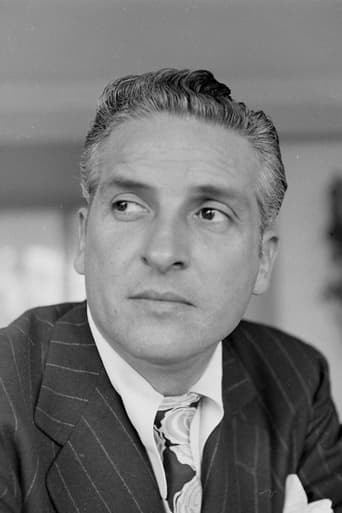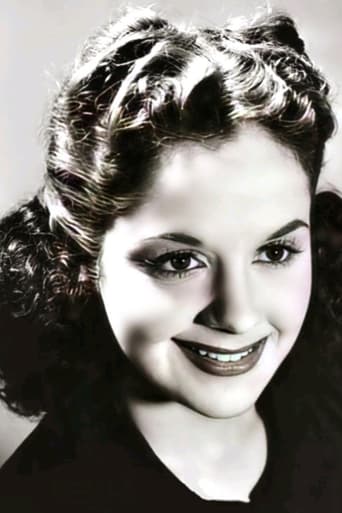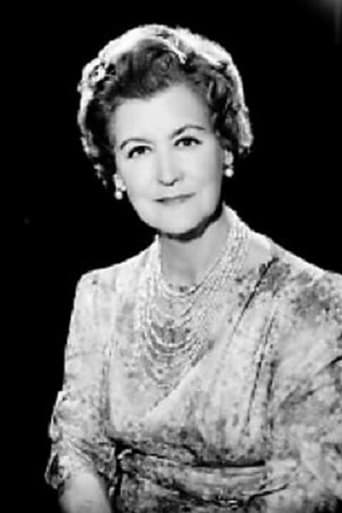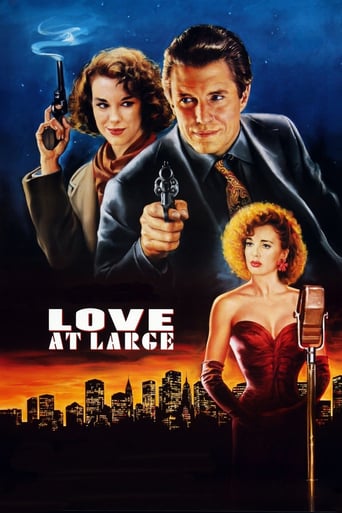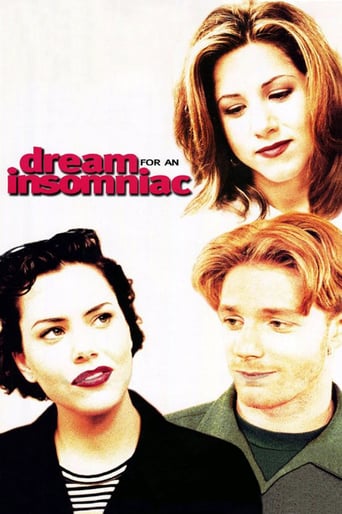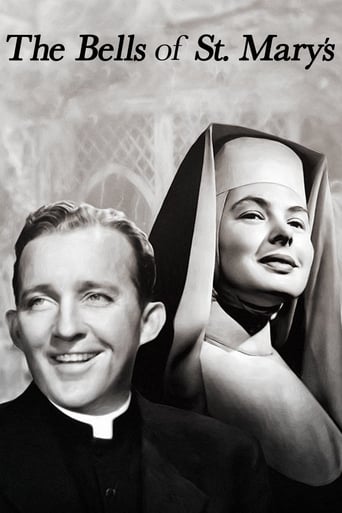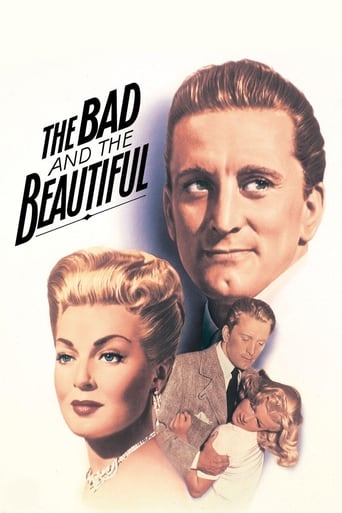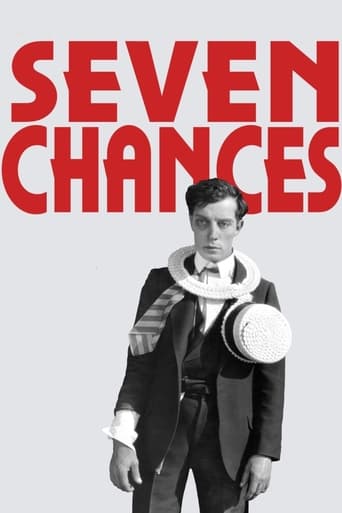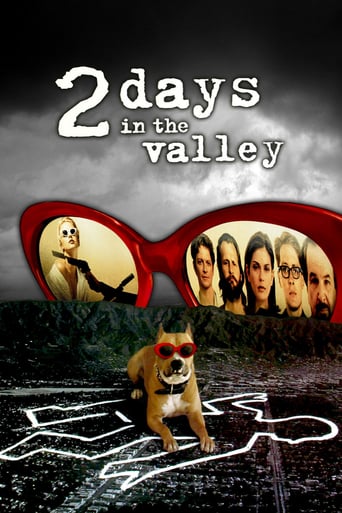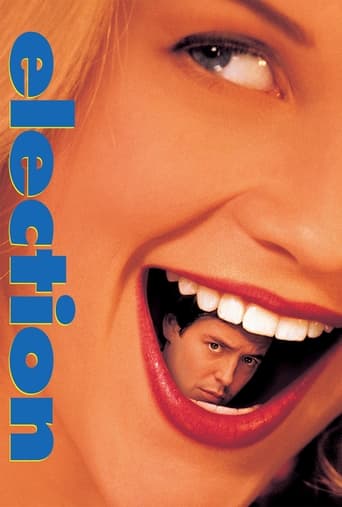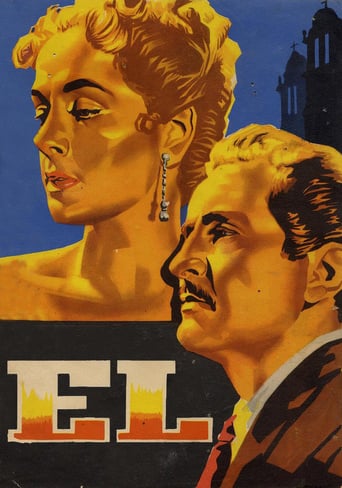
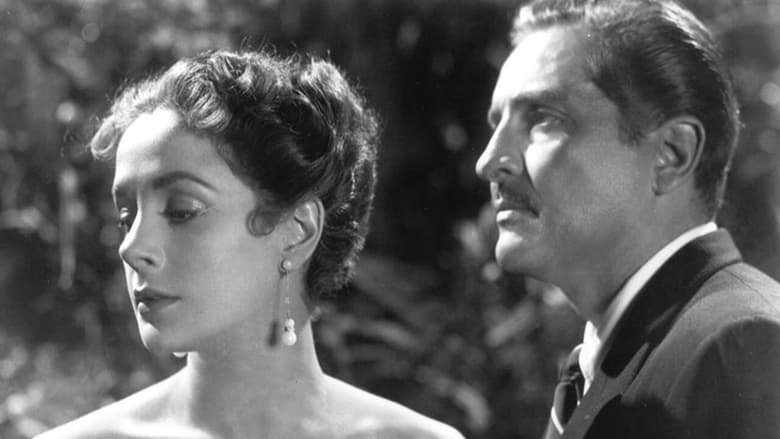
Él (1953)
Gloria encounters Francisco, a man whose social veneer betrays a truer self burrowed underneath.
Watch Trailer
Cast


Similar titles
Reviews
Few other directors found as much humor in the perversity of human nature than Luis Buñuel, whose sharp eye and subtle wit could transform a routine romantic potboiler into a black comedy of psychosexual obsession. True love, in a Buñuel film, is not far removed from madness, and when Cupid's poisoned arrow strikes a wealthy bachelor in this too frugal quickie production (made during the director's long Mexican exile) it leaves him in a violent, irrational temper. Everyone knows him as a pious, well-mannered aristocrat, but after the love struck blueblood woos and wins the girl of his dreams he becomes, slowly but surely, a jealous monster. The transformation would be pathetic if it wasn't so extreme: his fits of paranoia are funny because they're so typical, but frightening because they're so accurate. Buñuel charts his mounting insanity in an assured, deceptively straightforward style, pausing as always to deliver a few well-aimed punches at the Catholic Church and other sacred institutions.
This film was directed by the famous Luis Buñuel, recognized Spanish film maker that came to México and created a great bunch of surrealistic films (some too sordid for that decade). The truth is, that maybe this picture is good, but too negative for the people that like the great flirting romantic image of Arturo de Córdova: An icon for the following contemporary romantic gentlemen of the "Mexican Golden Age".This film deals with the inner side of a man that let us see his jealous feelings and a sickness love between the central actor Arturo de Córdova and his co protagonist Delia Garces; taking them to a violent relationship that ended in a tragedy...
Made in 1952, between "Robinson Crusoe" and "Wuthering Heights," this may not be one of Bunuel's major films, but it contains several of his key themes and recurring images, starting with the ceremonial washing and kissing of feet. The film also goes into the politics of submission and domination, the effects of long-term sexual repression, and -- of course -- sewing.Bunuel understood obsession and was able to convey it on screen like no other director. As irrational as his characters can get (and Francisco gets plenty irrational in this film), Bunuel knows that we all have our hangups which seem normal to us, no matter how grotesque they may look to an outside viewer. (There's a reason why the alternate title for this film is "This Strange Passion.")
Following your advice, I recently 'relented' to buying from Alapage the two Luis Bunuel Double-Feature discs released in France by Film Sans Frontieres. After watching them in their entirety, I cannot believe that I, who consider Bunuel my all-time favorite director and one of the true masters of the medium, have waited this long to acquire these DVDs. Actually while Alapage listed these DVDs at EUR25.73 on their site, they only cost me EUR21.51 each (excluding EUR12 shipping charges). So, if there is still anybody who has not purchased them yet, now may be the time to do so!Since I had never watched EL (1952) before, it was the first one to go through my DVD player. It was a chilling parable of an insanely jealous middle-aged man played with acute intensity by Arturo De Cordova. It afforded Bunuel ample opportunity to make practical use of overt Freudian symbolism without lending the film a heavy-handed air of pretentiousness. While there are some critics who consider it as merely 'an engaging, minor work', I regard it as being among Bunuel's finest; arguably, with this film, Bunuel reached the culmination of his work in Mexico, but it also looks forward to similar sequences and themes he would tackle later on in his career, especially TRISTANA (1970) and, his last film, THAT OBSCURE OBJECT OF DESIRE (1977).EL was beautifully abetted by another of his low-budget Mexican films, the great black comedy THE CRIMINAL LIFE OF ARCHIBALDO DE LA CRUZ (1955). Again, critical reception was a bit muted in some circles, dismissing it as 'just a throwaway oddity' typical of Bunuel's films of the period. However, it is much more than that: it is certainly very funny if you can accept its macabre sense of humor. It allowed Bunuel to create some of the most memorable images in all of his films, especially the celebrated dummy incineration scene, which could have been "inspired" by a similar scene in Michael Curtiz's marvelous MYSTERY OF THE WAX MUSEUM (1933) which Bunuel must have seen while working at Warner Bros. in the Thirties. A similar instance of this eclectic approach on Bunuel's part can be found in the "walking hand" sequence in his THE EXTERMINATING ANGEL (1962) - one of my favorite Bunuels - which harks back to an identical premise in Robert Florey's THE BEAST WITH FIVE FINGERS (1946), another Warner Bros. horror melodrama. For me, one of the enduring assets of THE CRIMINAL LIFE OF ARCHIBALDO DE LA CRUZ is the charm and great beauty that was Miroslava Stern (who played the part of Lavinia and was the model for the ill-fated dummy). Tragically, she would take her own life a mere two weeks after the film's release with her body, ironically enough, ending up cremated!Both the print utilized and the transfer for both films were adequate enough, and perfectly acceptable under the circumstances. However, EL's overall visual and aural qualities where distinctly superior to those of ARCHIBALDO which suffered from excessive specks and slight audio dropouts at times, but were never so alarming as to dispel from one's viewing pleasure of the film.


